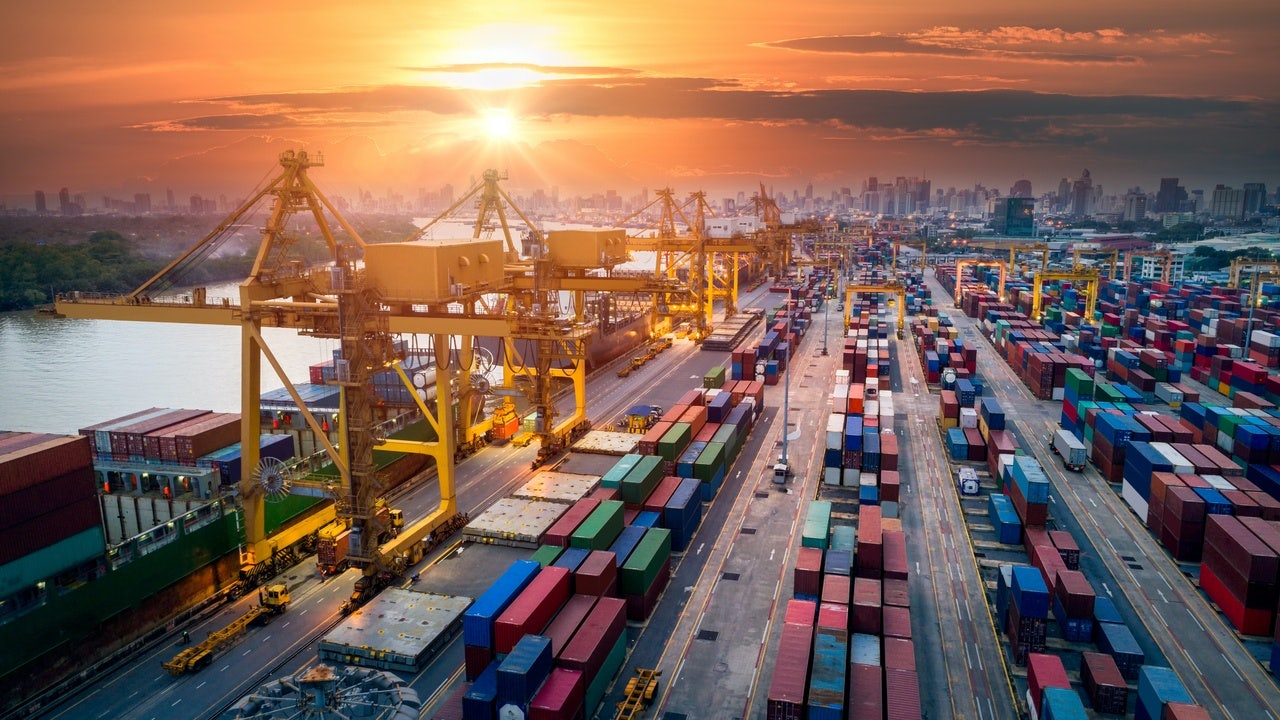What happened
: The “world factory” system, where a small number of countries produce all the world’s manufacturing, is under renewed scrutiny. A shift in attitudes brought about by the pandemic has exposed flaws in the model, and the US, in particular, has been pushing hard of late to decouple from Chinese manufacturing. That could splinter mass-production into a double supply chain: one for the China market and one for the rest of the world. This decoupling has been debated for decades, but the US government’s unrelenting focus on data security — alongside growing labor costs in China — has again magnified the issue. Recent reports of human rights violations against the Uighur population are also forcing brands to double-down on supply chain transparency or consider new models of ownership.
The Jing Take
: For decades, China has been the workshop of the world, and it suited global interests to maintain this relationship, as financial incentives outweighed future implications. But, decades later, that supply chain controls much of the world’s output and is far superior to any other. Much of China’s capabilities are grounded in digitized ecosystems that are based on the accuracy and efficiency that automation, blockchain, and AI now offer. Let’s not forget that it supplied PPE to countries all over the world amid the pandemic. Meanwhile, its e-commerce giants at home have expanded by refining their domestic logistics networks.
A radical move of the world’s supply chains away from a reliance on China would be a decades-long process. However, it certainly looks like the wider world — including the fashion industry — is having an epiphany that now is the time to address this resurfacing issue. Therefore, governments, economies, and companies must incentivize to return to a system of nearshoring by default. Now is the time to bite the bullet and take responsibility for manufacturing processes no matter how difficult that might be, instead of turning a blind eye.
The Jing Take reports on a piece of the leading news and presents our editorial team’s analysis of the key implications for the luxury industry. In the recurring column, we analyze everything from product drops and mergers to heated debate sprouting on Chinese social media.
